CLM
The Conservation and Land Management Program (CLM) at the Chicago Botanic Garden offers real-world experience to recent college graduates and young professionals interested in land management and conservation science. Participate in an internship, gaining mentorship from federal biologists and partner organizations, or grow your confidence and leadership skills working on environmental projects with an independent crew. No matter which position you choose, the CLM program is a stepping stone for you to launch your career, gaining practical skills and valuable networking opportunities.

Training early-career land managers and conservation scientists
In partnership with federal agencies, the CLM program hires and trains recent college graduates and young professionals, providing them with real-world experience and skills, all while completing critical work on public lands.

CLM Internships: Hands-on mentorship and networking
Interns receive hands-on mentorship by federal biologists and network within their agency office and with partner organizations, launching careers in federal agencies, NGOs, and graduate school.

Seeds of Success Crews
Work as a Lead Botanist, Natural Resource Specialist, or Field Technician on a crew covering millions of acres of Bureau of Land Management land. Bring your skill-set and confidence to a new level by leading and participating in a more independent setting, all for the betterment of public lands.
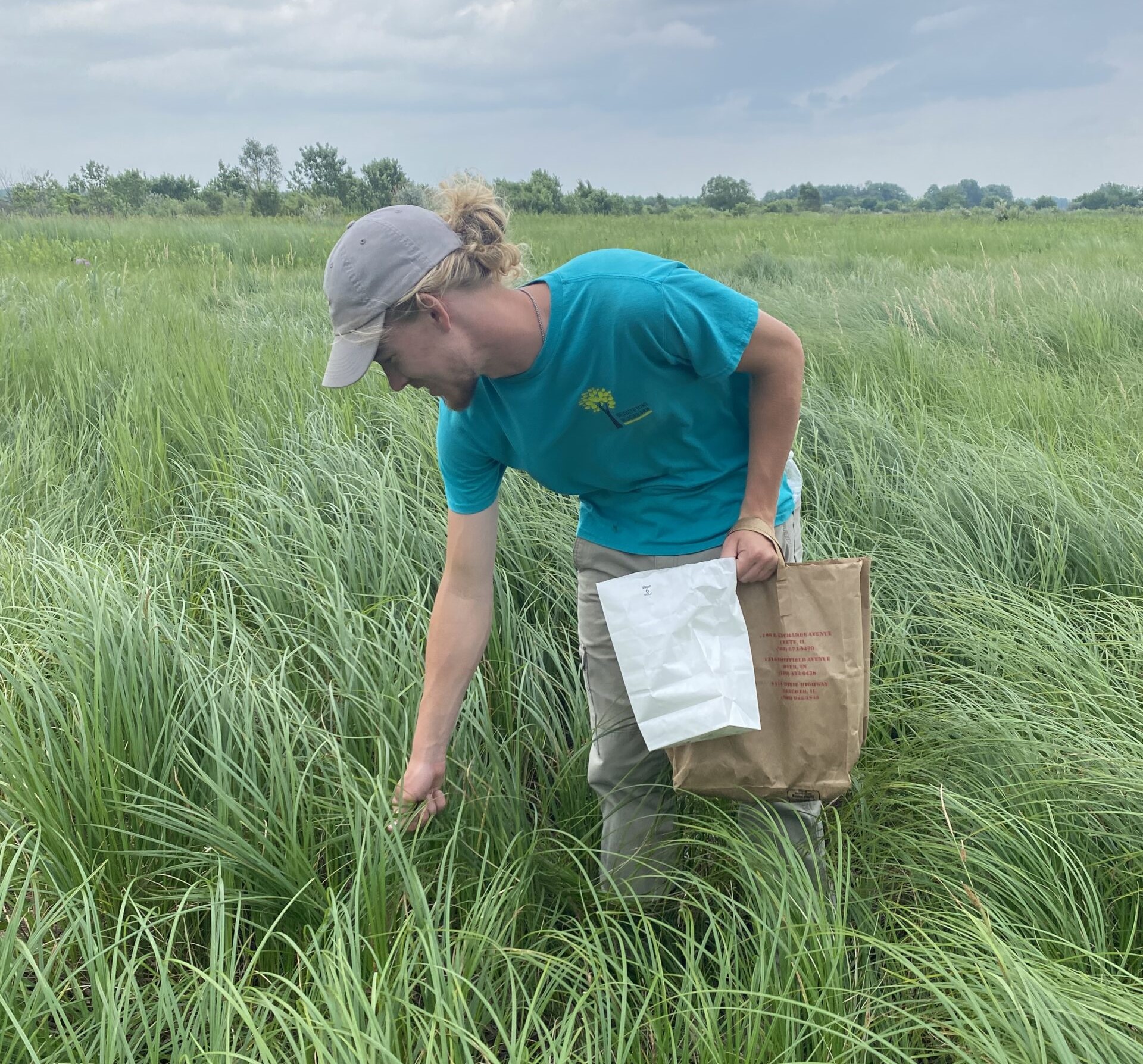

All of our Seeds of Success positions are accepting applications. Click here to apply!
The CLM program is committed to recruiting and hiring Black, Indigenous, and People of Color, as well as interns from other traditionally underrepresented groups in the applied ecology field.
Fill out the interest form below to get updates on our CLM internships and how to apply!
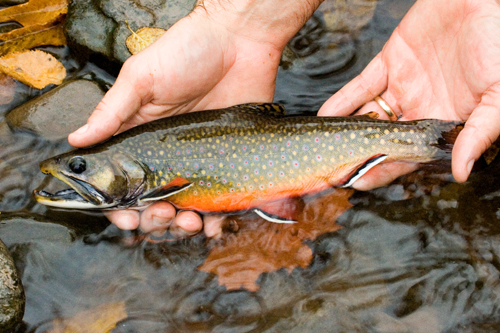
Conducting monitoring surveys on rare and threatened fish, mussel, amphibian, and plant species. Helping to maintain fish hatchery for threatened species.
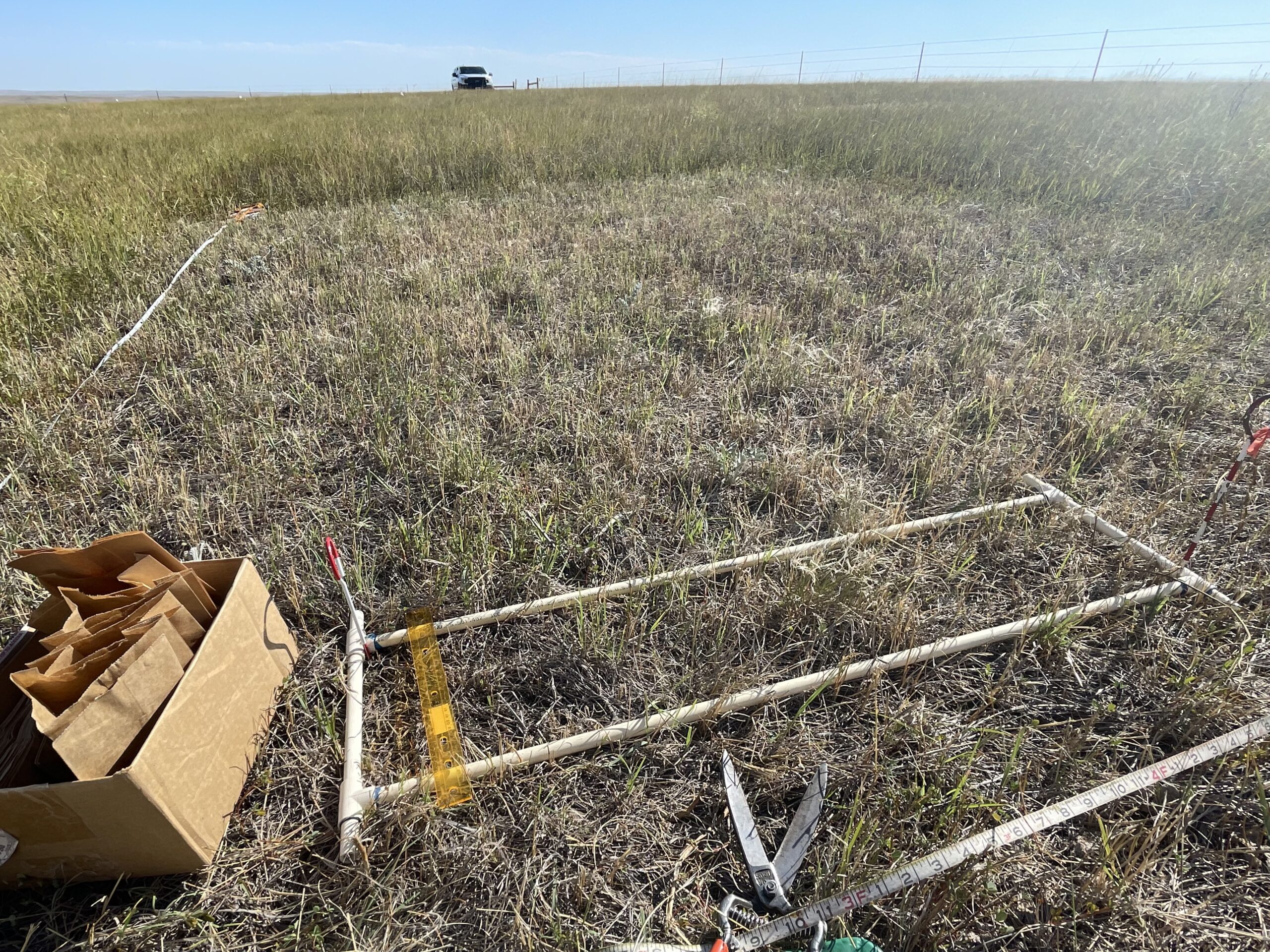
Conducting field measurements for a drought and climate change study in Buffalo Gap National Grassland. _Click here to apply!_
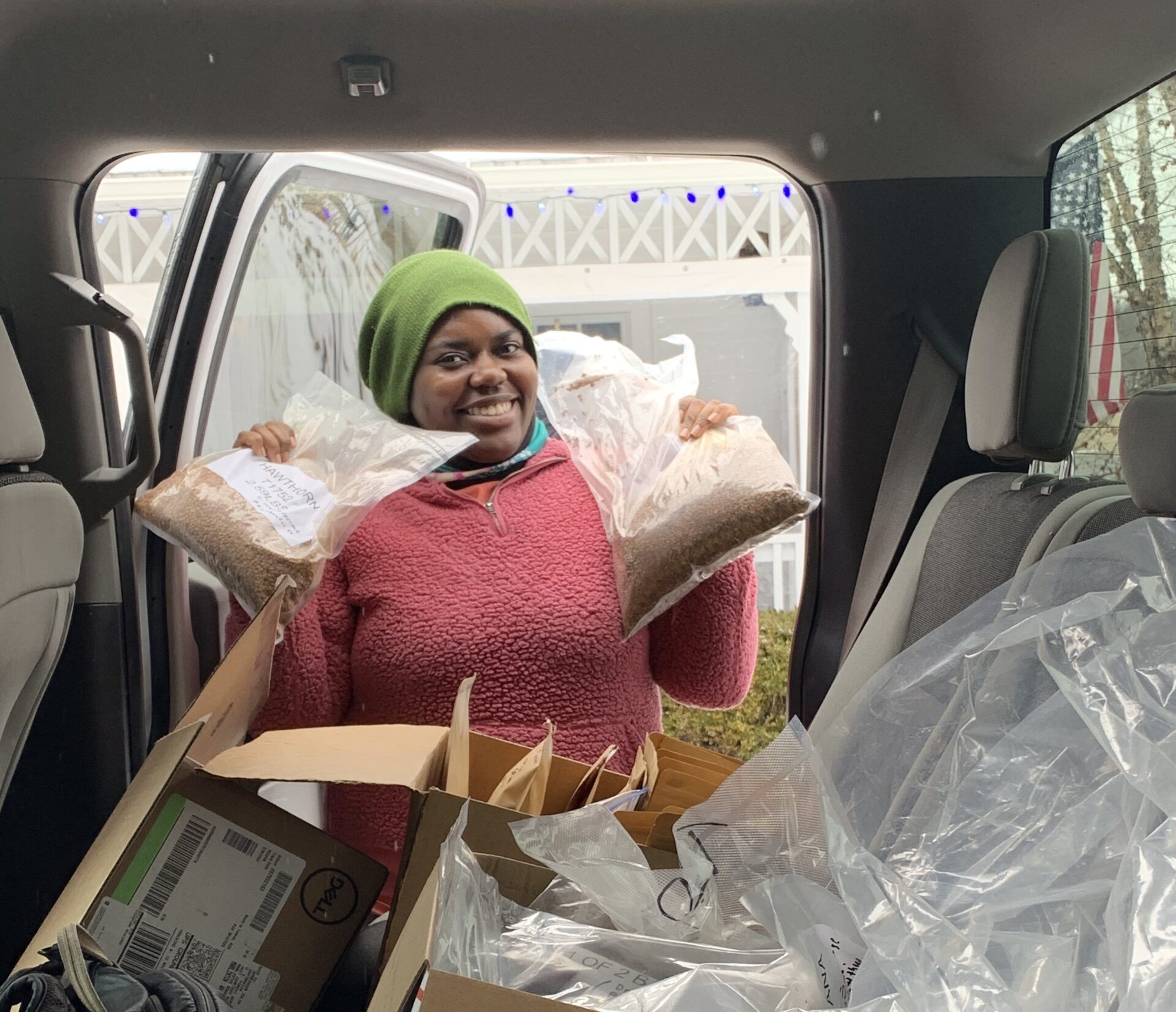
Conduct population scouting and native seed collections for Wildlife Refuges across the Midwest.

Scouting, monitoring, and making seed collections on plant species critical for habitat restoration projects and seed-increase programs.
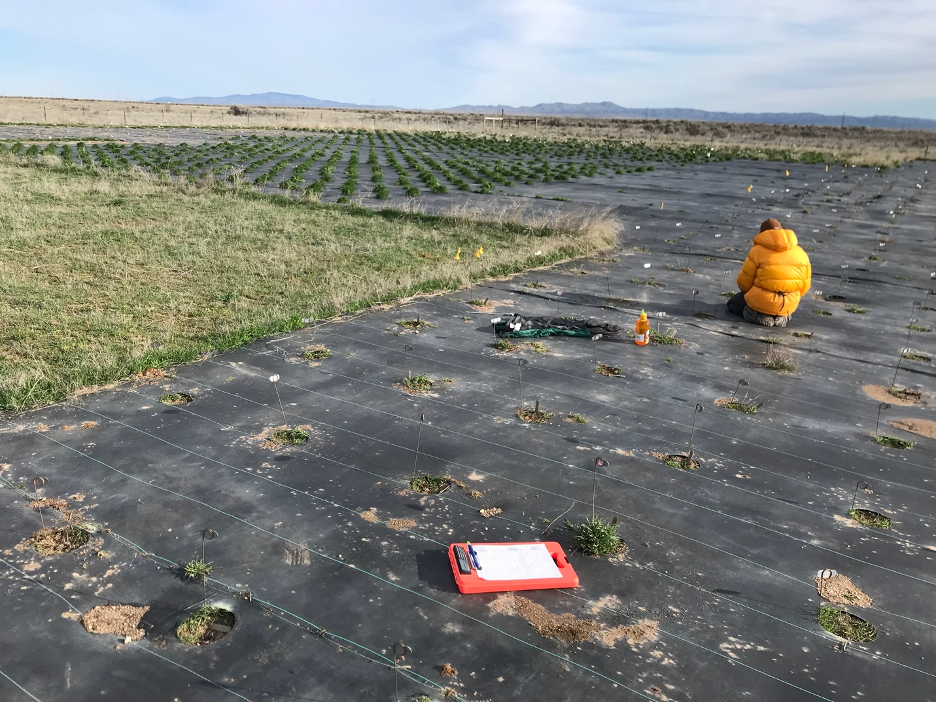
Collecting native seed and monitoring forb common gardens to help determine seed transfer zones.
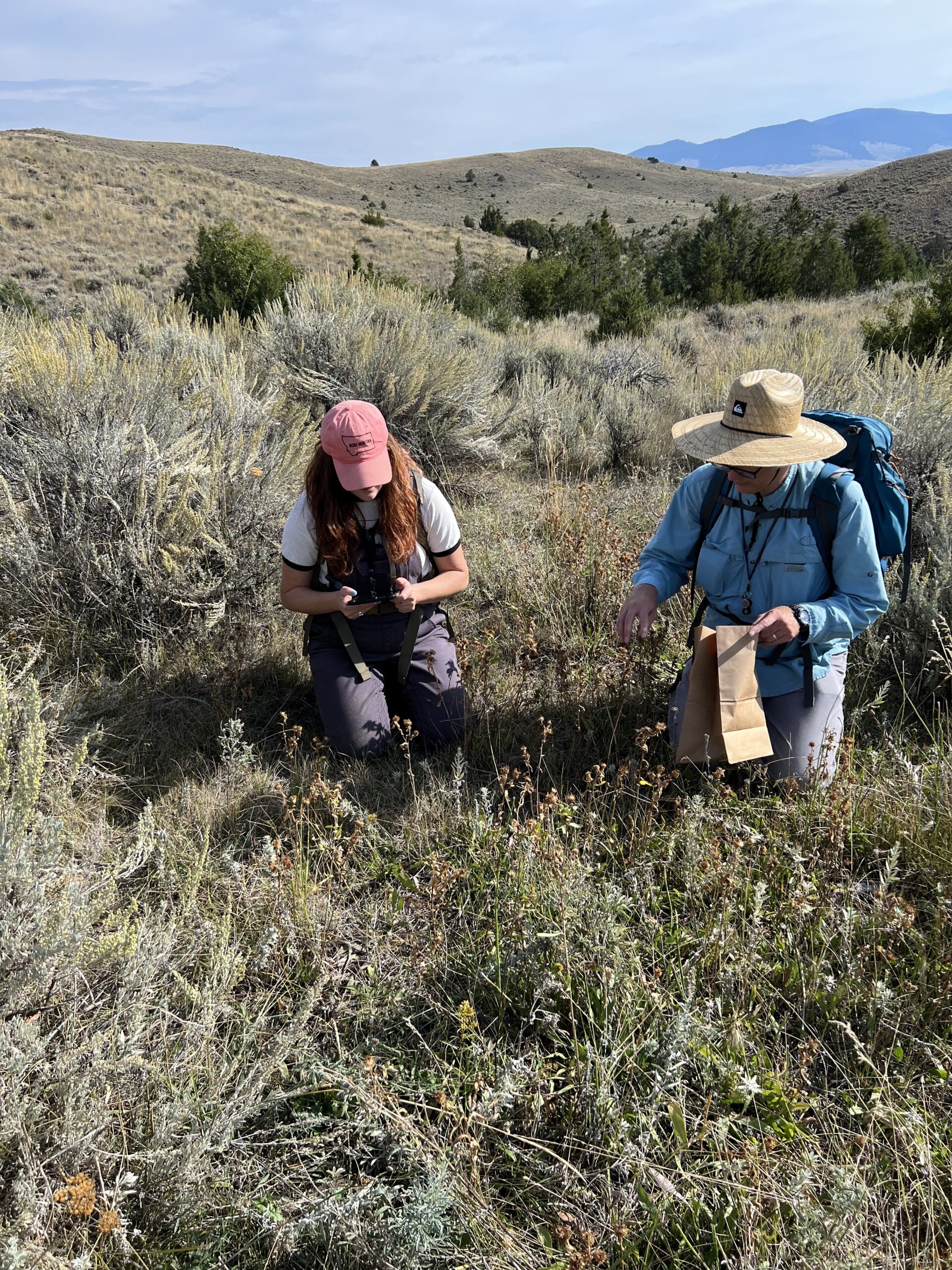
Work with a crew to fulfill population scouting and seed collection deliverables for the SOS program in field offices across the Western U.S.